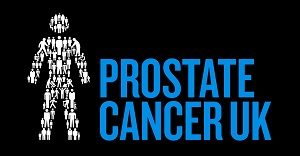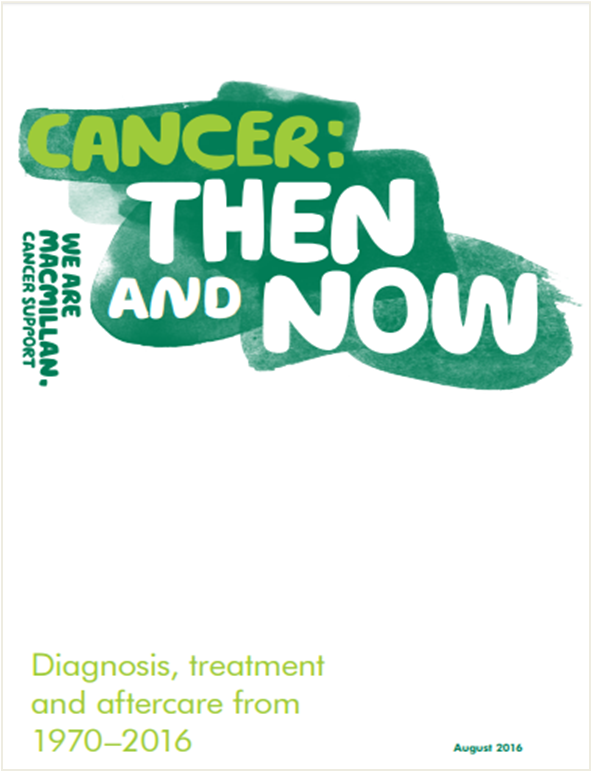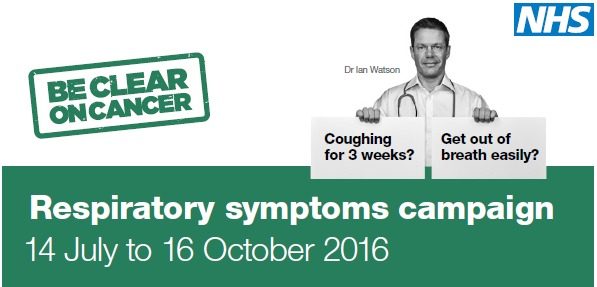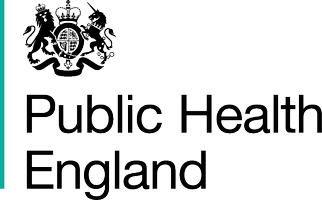If you’re a man and have had a conversation with your GP about the PSA test, Prostate Cancer UK would like to hear from you.
Prostate Cancer UK knows, anecdotally, that men have mixed experiences when speaking to their GP about the PSA test, but they would like to collect and record this information formally to help inform their campaigning work. They are inviting anyone who has had a conversation with their GP about the PSA test to complete a short survey asking how the conversation with your GP went and how this impacted your decision whether or not to have the test.
What is the PSA Test?
PSA stands for Prostate Specific Antigen and the PSA test measures the amount of PSA in the blood.
PSA is a protein produced by cells in the prostate and it is normal for men to have a small amount of PSA in their blood. A high level of PSA in the blood suggests that there is a problem with a man’s prostate. For example, they may have an enlarged prostate, a prostate infection, or it could be something more serious like prostate cancer. Additionally, men can have a raised PSA if they take part in vigorous exercise or sexual intercourse in the 48 hours before they have a PSA test, or if they have a urine infection.
This means that when it comes to diagnosing prostate cancer the PSA test is not the best test as it isn’t accurate enough to determine whether a man has prostate cancer or not. In fact 76% of men with a raised PSA do not have prostate cancer.
The PSA test can be helpful in diagnosing prostate cancer if a man’s PSA level is extremely high (in the hundreds of thousands) but the challenge arises when PSA levels are slightly or moderately raised, then the test becomes hard to interpret.
Also, it is important to note that the PSA test can actually miss prostate cancer in some men because in 2% of men with fast-growing prostate cancer, PSA levels remain normal.
Why is Prostate Cancer UK Conducting a Survey?
The PSA test can be quite confusing for the reasons mentioned above. Hence why it is not used as a screening test and hence why men have to think carefully before having the test, if they don’t have symptoms. Therefore the conversations men have with their GP about the test are extremely important.
GPs need to provide men with accurate, balanced information about the PSA and men need to feel empowered to make an informed decision about whether they should have a PSA test once they have spoken to their GP.
Through their survey Prostate Cancer UK would like to ensure that the conversations that men are having with their GPs are useful and if they are not, a survey like this provides much-needed information on what needs to be improved.
How Can I Take Part in The Survey?
If you’d like to take part in this survey, please visit Prostate Cancer UK’s website here. If you’d prefer to complete a paper version of the survey please email us and we’ll arrange for one to be sent out to you.
Is there Anything Else I Need to Know?
It is very important that black men are aware of the symptoms of prostate cancer as black men are twice as likely to develop prostate cancer as their white counterparts. The symptoms of prostate cancer are:
- a weak urine flow
- needing to urinate more often, especially at night
- a feeling that your bladder has not emptied properly
- difficulty starting to urinate
- dribbling urine
- needing to rush to the toilet – you may occasionally leak urine before you get there
- blood in your urine.
These symptoms may be a sign of prostate cancer but could also be due to other prostate conditions such as an enlarged prostate or an infection.
For more information about black men’s risk of developing prostate cancer visit Prostate Cancer UK’s website here, view the video below or if you have any concerns you can call their helpline 0800 074 8383
















